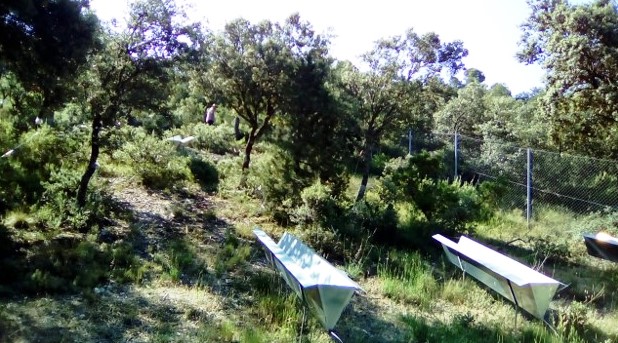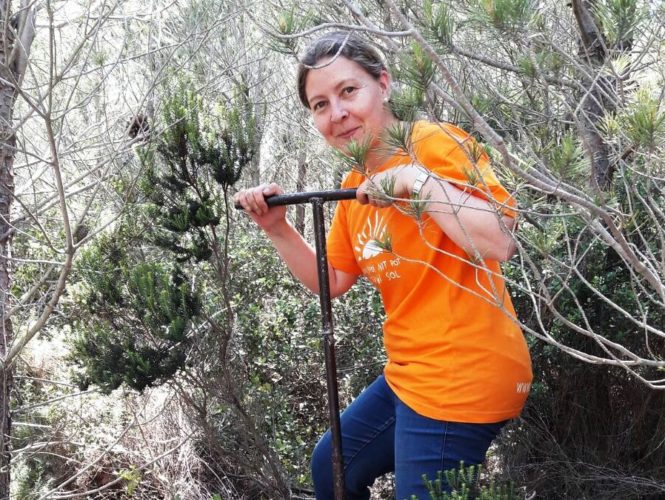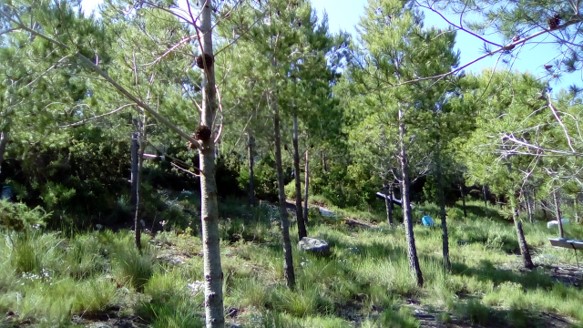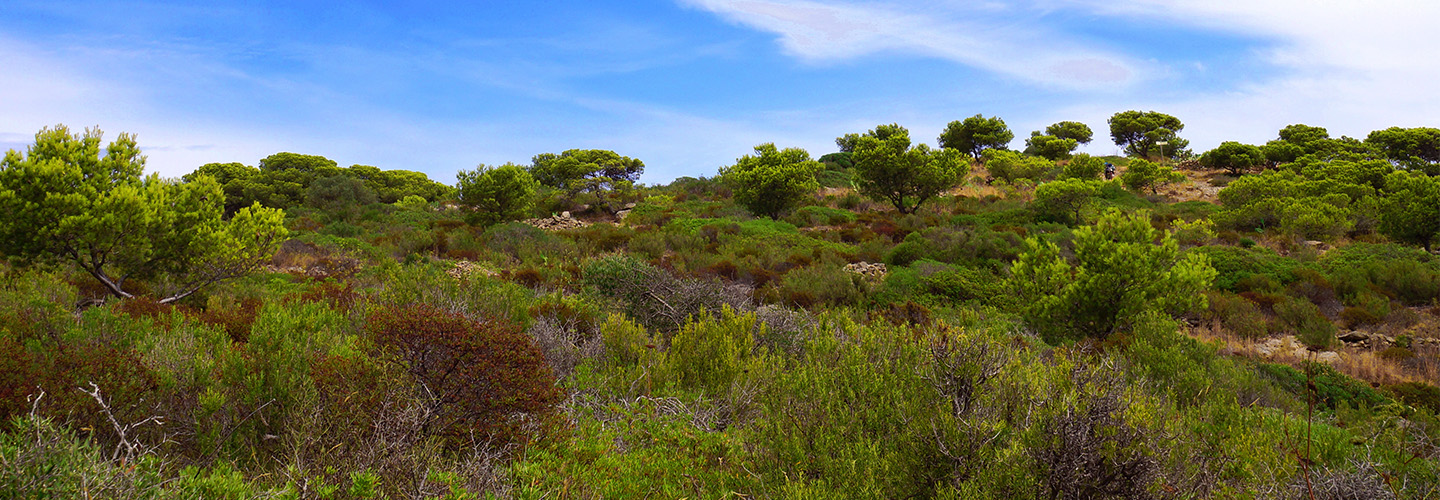A study carried out by researchers from The Research Institute of Water and Environmental Engineering (IIAMA), with the participation of Campus Gandia research scientists, has determined that ecohydrological-based forestry is the most suitable for forest management of Mediterranean forests, especially in water-scarce scenarios. The research is based on the consideration that current forest management practices in Mediterranean forests are costly, resulting in their lack of management and abandonment.

Antonio Del Campo, head of the Re-ForeST group, points out that traditional forestry has focused more “on the productive functions of the forest, as in the case of wood or pulp, leaving the rest of natural resources nearly unsupervised“. In addition, the impact of climate change and its subsequent effects on the growing season and the soil water regime poses a growing threat to forests.
A PROBLEM THAT AFFECTS US ALL
Cristina Lull, research professor at Campus Gandia and member of the team, that has carried out the study, emphasizes that the care and conservation of forest ecosystems is a subject that is currently “of global interest“, since it is all about “the solution to different environmental, social and cultural problems”. Therefore, “it is necessary to effectuate adequate and sustainable management of forest ecosystems”, Lull reminds us.

In forest management it is essential to maintain or increase the reserves of essential nutrients for plants. The management of the forest masses influences the quality and sustainability of the soils and this quality depends on the current and future productivity of the forests. Therefore, the study of soil-tree relationships is “key” because both the forests and the soil itself “can act as carbon sinks, and contribute with their storage to mitigate the effects of climate change,” the researcher points out.
THREE EXPERIMENTAL CASE STUDIES
In the research, three experimental case studies have been evaluated, all three examples of abandonment of semi-arid forests located in the Valencian Community, sharing the features of low productivity, zero or scarce management, in addition to water limitations.

Guidelines were developed there for the most efficient implementation of this type of management, which aims to quantify and manipulate the components of the water cycle in forests. The results of this eco-hydrological forest management determine that, in addition to improving productive functions, this system also contributes to reducing the risk of forest fires, increasing the resilience of ecosystems against droughts, increasing the deep infiltration of water, and improving growth and vigor of the tree and its landscape value.
Antonio del Campo emphasizes that, based on the experimental results, we can affirm that, “the forest treatment improves both the growth (primary and secondary) as well as the numerous eco-hydrological variables studied compared to the control plot and therefore, it is more effective for forest management in the context of global change.”
More information: “Ecohydrological-based forest management in semi-arid climate”
Source:
Luis Zurano, UPV Scientific Communication Unit
Carlos Besó, Senior Technician IIAMA-UPV











